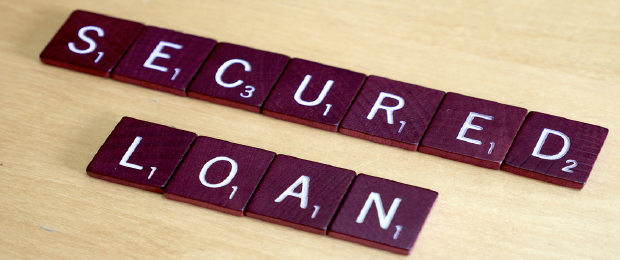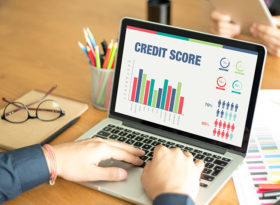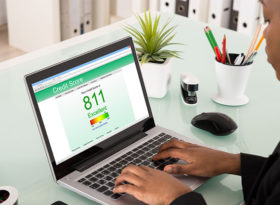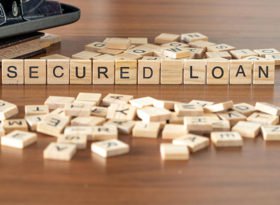 Short Term Loans
Short Term Loans
Unsecured v Secured Loans Choosing the right loan for you
So you’re looking for a loan? There are two main types of loan available on the market today; secured and unsecured loans. This article looks to clear up the differences between secured and unsecured loans and provide some advice on what the right loan for you would be.
Secured Loan
A secured loan is when the loan is secured by a physical asset that is currently owned by the applicant for the loan. This means that the applicant must put up an item they own as collateral for the value of the loan.
This could result in seizure of the collateral as payment, should the applicant eventually default on the loan. Collateral could be anything from the deeds to a property, a vehicle, high value items such as jewellery or pieces of art. It is worth noting that if the institution lending the money needed to recoup their money due to non-payment, the item may not cover the full cost of the loan which means that you may still have money owing even after the collateral is sold. .
Secured loans are typically acquired for major purchases such as; renovations, boats, motor homes, business loans, etc.
Unsecured Loan
An unsecured loan is essentially the opposite of the above. The lending institution require no physical collateral in order to lend the applicant money. Although not required to place an item as collateral, the successful applicant’s credit rating will be damaged by non-payment. This can have a negative impact on the chances of being able to get credit in the future.
Because an unsecured personal loan does not require a collateral to back it up, the risk is mitigated by the lender by higher interest rates.
Unsecured loans will typically be used for lower end purchases such as; fixing a broken vehicle or a short holiday.
Guarantor for Unsecured Loans
A common option for people looking to improve the chances of successfully applying for an unsecured loan is to use a guarantor. A guarantor will usually be a parent, grandparent or close family member who has physical assets that can be reclaimed by the lender in the case of non-payment.
However, this does not mean that in the case of non-payment that the applicant will not be responsible. Rather, it just means that the guarantor will be contacted in the event that the primary borrower is not able to pay. This also puts your guarantor in the unenviable position of being legally allowed to pursue the borrower legally for the money owed.
What is the right loan for you?
As we have explained in this article, the type of loan that you get is largely dependent on how much you want to borrow and what assets you own to act as collateral. Whether you are eligible for an unsecured loan depending on the value, will be largely dictated by the lender. Each lender sets different caps and limits on what they will lend unsecured.
Ultimately all loans should be carefully considered and should also be factored into a personal balance sheet of your monthly outgoings and ingoings (budget plan?). Be sure that you can afford the repayments no matter what loan you get, in case you damage your credit rating, lose valuable collateral, or upset a relative by defaulting and passing the loan onto them.
Consider what you need, what you can afford and always be honest with the lender when applying.




